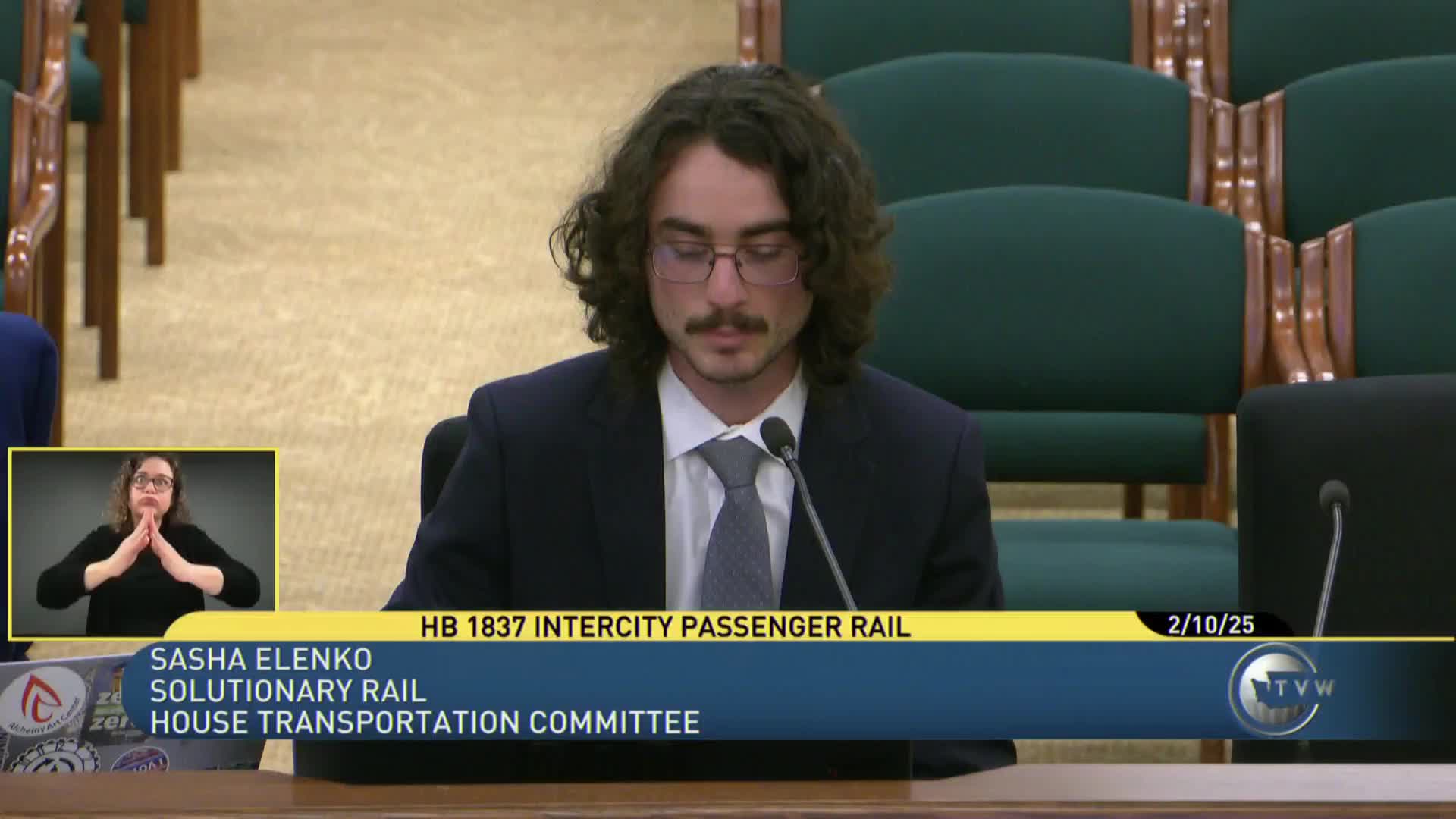Independent Colleges of Washington officials tell committee private nonprofits expand access, boost completion
Get AI-powered insights, summaries, and transcripts
Subscribe
Summary
Representatives of the Independent Colleges of Washington and Heritage University told the Senate Higher Education & Workforce Development Committee that private nonprofit colleges provide geographic access, high completion rates and workforce-oriented degrees, and urged continued support for state financial aid programs.
Terry Standish Keoughan, president and CEO of Independent Colleges of Washington, told the Senate Higher Education & Workforce Development Committee that private not-for-profit colleges in the state help Washington meet its postsecondary credential goals by providing geographic access and student supports.
Keoughan said ICW campuses are located within 50 miles of 82 percent of Washington residents and enroll students from all 39 counties in the state. “When students are able to attend our schools we are walking alongside them until they finish,” Keoughan said.
That completion work matters, Keoughan added. Using national data, he said private nonprofit colleges in Washington complete students at more than an 80 percent rate compared with a 62 percent national average. “That actually adds up to about one in every five of the baccalaureate or graduate degrees earned here in the state of Washington,” Keoughan said, citing data compiled by ICW and the National Student Clearinghouse.
Keoughan described campus-based early-alert systems that connect students to academic help, mental-health counseling, food and housing support, and transfer pathways that ease movement between two-year and four-year institutions. He also called out economic impacts: ICW alumni total about 210,000, the sector accounts for roughly $2.2 billion in economic activity, directly employs about 8,000 people and supports about 22,000 direct and indirect jobs.
Andrew Sun, president of Heritage University, described Heritage’s origins as a community-driven continuation of a Fort Wright College satellite campus and framed the university’s mission as addressing local barriers to higher education in the Lower Yakima Valley. “We provide quality education right where the community lives and offer spaces of cultural safety,” Sun said.
Sun said Heritage enrolls a student body that mirrors the valley: 69 percent Latinx, 16 percent Native American, 72 percent female, 80 percent first-generation college students, and that 99 percent of students receive some form of financial aid. He noted Heritage is one of two U.S. institutions that hold both Hispanic-serving and non-tribal Native American-serving designations.
Committee members thanked the presenters. Senator Warnock recalled personal connections to Fort Wright’s history and praised Heritage’s role in the region.
The session was presented as a work session rather than a bill hearing; no committee action on legislation resulted from the presentation.
Ending: The committee heard the presentations as part of a larger agenda that included a separate public hearing on Senate Bill 5658 and later moved into executive session to consider several other bills and gubernatorial appointments.
